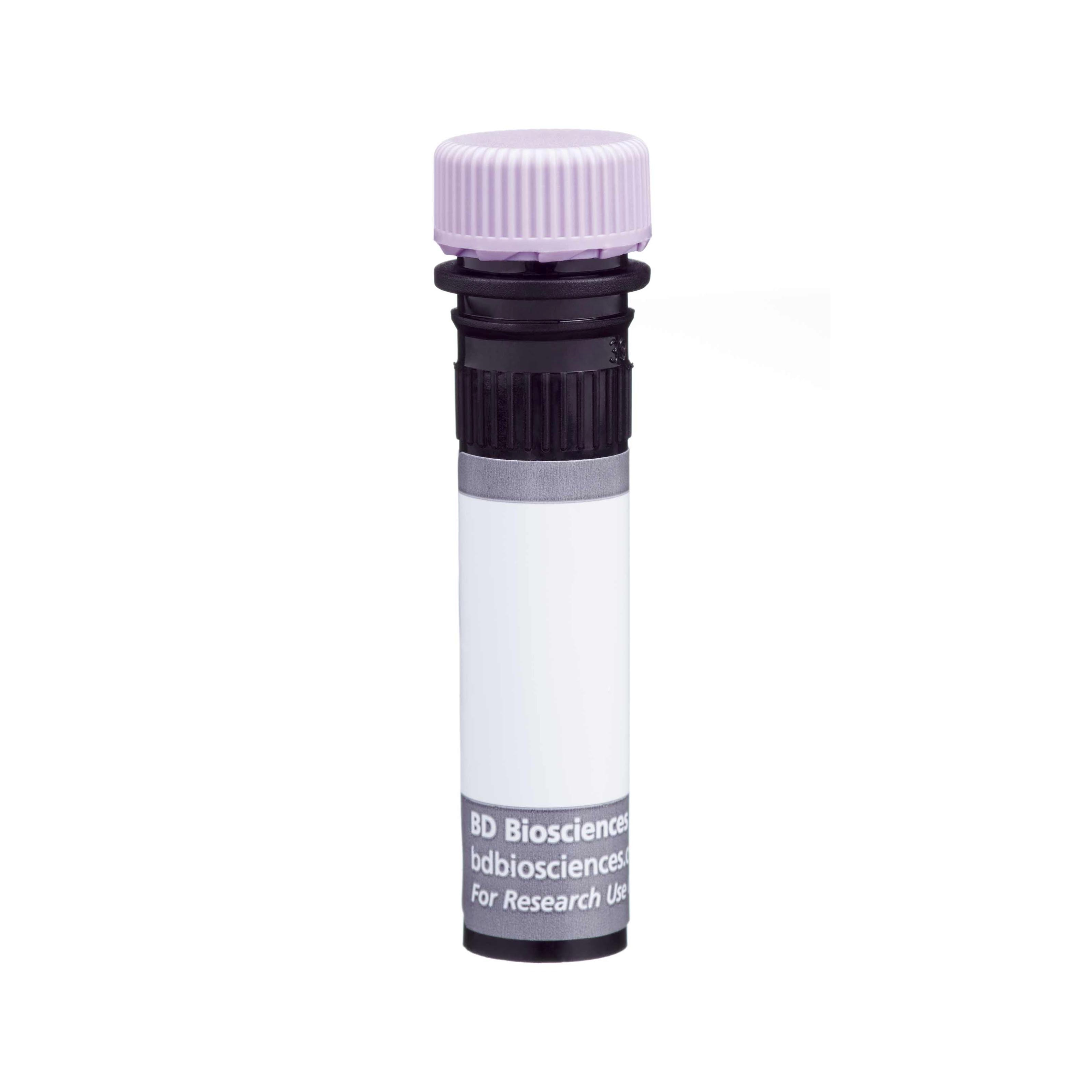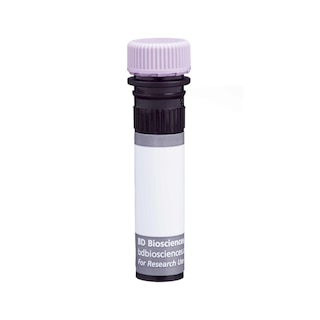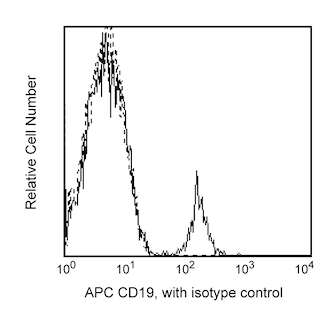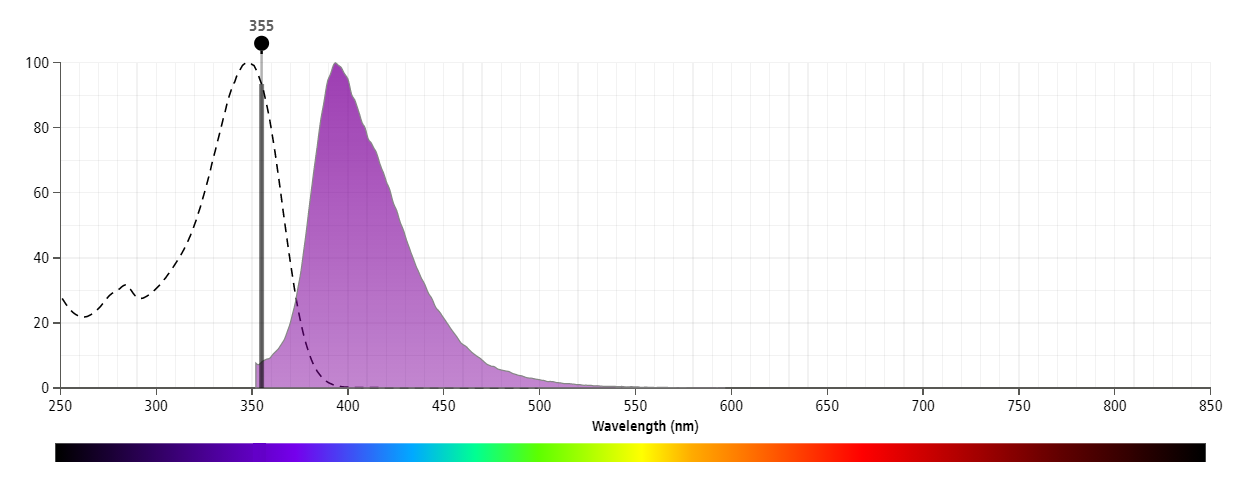-
抗体試薬
- フローサイトメトリー用試薬
-
ウェスタンブロッティング抗体試薬
- イムノアッセイ試薬
-
シングルセル試薬
- BD® AbSeq Assay | シングルセル試薬
- BD Rhapsody™ Accessory Kits | シングルセル試薬
- BD® Single-Cell Multiplexing Kit | シングルセル試薬
- BD Rhapsody™ Targeted mRNA Kits | シングルセル試薬
- BD Rhapsody™ Whole Transcriptome Analysis (WTA) Amplification Kit | シングルセル試薬
- BD Rhapsody™ TCR/BCR Profiling Assays (VDJ Assays) | シングルセル試薬
- BD® OMICS-Guard Sample Preservation Buffer
-
細胞機能評価のための試薬
-
顕微鏡・イメージング用試薬
-
細胞調製・分離試薬
-
- BD® AbSeq Assay | シングルセル試薬
- BD Rhapsody™ Accessory Kits | シングルセル試薬
- BD® Single-Cell Multiplexing Kit | シングルセル試薬
- BD Rhapsody™ Targeted mRNA Kits | シングルセル試薬
- BD Rhapsody™ Whole Transcriptome Analysis (WTA) Amplification Kit | シングルセル試薬
- BD Rhapsody™ TCR/BCR Profiling Assays (VDJ Assays) | シングルセル試薬
- BD® OMICS-Guard Sample Preservation Buffer
- Japan (Japanese)
-
Change country/language
Old Browser
Looks like you're visiting us from {countryName}.
Would you like to stay on the current country site or be switched to your country?




Two-color flow cytometric analysis of IgD expression on human peripheral blood lymphocytes. Human peripheral blood mononuclear cells were incubated in complete tissue culture medium overnight in order to minimize subsequent nonspecific immunofluorescent staining. The cells were harvested and stained with APC Mouse Anti-Human CD19 antibody (Cat. No. 555415/561742) and either BD Horizon™ BUV395 Mouse IgG2a, κ Isotype Control (Cat. No. 563809; Left Panel) or BD Horizon™ BUV395 Mouse Anti-Human IgD antibody (Cat. No. 563313; Right Panel). The two-color flow cytometric dot plots showing the correlated expression of IgD (or Ig isotype control staining) versus CD19 were derived from events with the forward and side light-scatter characteristics of viable lymphocytes. Flow cytometric analysis was performed using a BD™ LSR II Flow Cytometer System.


BD Horizon™ BUV395 Mouse Anti-Human IgD

Regulatory Statusの凡例
Any use of products other than the permitted use without the express written authorization of Becton, Dickinson and Company is strictly prohibited.
Preparation and Storage
Product Notices
- This reagent has been pre-diluted for use at the recommended Volume per Test. We typically use 1 × 10^6 cells in a 100-µl experimental sample (a test).
- An isotype control should be used at the same concentration as the antibody of interest.
- Caution: Sodium azide yields highly toxic hydrazoic acid under acidic conditions. Dilute azide compounds in running water before discarding to avoid accumulation of potentially explosive deposits in plumbing.
- Source of all serum proteins is from USDA inspected abattoirs located in the United States.
- For fluorochrome spectra and suitable instrument settings, please refer to our Multicolor Flow Cytometry web page at www.bdbiosciences.com/colors.
- Please refer to www.bdbiosciences.com/us/s/resources for technical protocols.
関連製品




The IA6-2 monoclonal antibody specifically binds to the heavy chain of human Immunoglobulin D (IgD). IgD is a member of the immunoglobulin superfamily that exists in type 1-membrane (mIgD) and soluble glycoprotein forms. mIgD is expressed on mature naïve B cells (along with membrane IgM) and serves as a B-cell receptor for antigen (BCR). In response to antigen binding, the mIgD BCR, in association with other signaling molecules including CD79a and CD79b, can transduce activating or tolerizing signals intracellularly into B lymphocytes.
The antibody was conjugated to BD Horizon™ BUV395 which has been exclusively developed by BD Biosciences as an optimal dye for use on a 355 nm laser equipped instrument. With an Ex Max at 348 nm and an Em Max at 395 nm, this dye has virtually no spillover into any other detector. BD Horizon™ BUV395 can be excited with a 355 nm laser and detected with a 379/28 filter.

Development References (3)
-
Preud'homme JL, Petit I, Barra A, Morel F, Lecron JC, Lelievre E. Structural and functional properties of membrane and secreted IgD. Mol Immunol. 2000; 37(15):871-887. (Biology). View Reference
-
Wei C, Anolik J, Cappione A, et al. A new population of cells lacking expression of CD27 represents a notable component of the B cell memory compartment in systemic lupus erythematosus.. J Immunol. 2007; 178(10):6624-33. (Clone-specific: Flow cytometry). View Reference
-
White MB, Shen AL, Word CJ, Tucker PW, Blattner FR. Human immunoglobulin D: genomic sequence of the delta heavy chain. Science. 1985; 228(4700):733-737. (Biology). View Reference
Please refer to Support Documents for Quality Certificates
Global - Refer to manufacturer's instructions for use and related User Manuals and Technical data sheets before using this products as described
Comparisons, where applicable, are made against older BD Technology, manual methods or are general performance claims. Comparisons are not made against non-BD technologies, unless otherwise noted.
For Research Use Only. Not for use in diagnostic or therapeutic procedures.
Report a Site Issue
This form is intended to help us improve our website experience. For other support, please visit our Contact Us page.